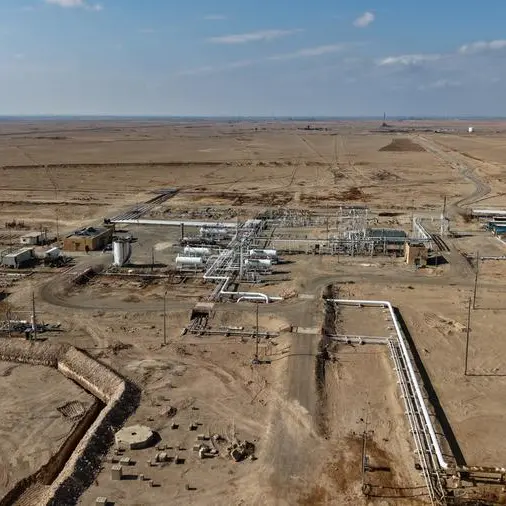DUBAI - Companies in the Gulf, battered by low oil prices and the coronavirus crisis, are likely to delay investments this year as they manage costs and liquidity, S&P said, cautioning a recovery would take at least a few quarters.
S&P Global Ratings has taken negative rating actions on 16 entities in the six-member Gulf Cooperation Council (GCC) and expects a mid-to-high single-digit economic contraction for most GCC countries this year.
"We expect broad-based pressure across most sectors and markets in the region but some will feel it more than others as economic activity decelerates, disposable income declines, and employment trends weaken," the agency said in a report.
Aviation and tourism have been hit hardest, it said, particularly in Dubai, where transport and tourism are vital for the economy.
Dubai's real estate sector, sluggish for most of the past decade, will face further pressure, S&P said. This month it cut the credit ratings of two of the emirate's biggest property firms to "junk" status.
It anticipates significant weakening in credit ratios amid a limited recovery in the second half of this year, as well as lingering oversupply and soft demand, particularly from international buyers.
International bonds issued by Emaar Properties EMAR.DU , Dubai's largest property firm, have dropped 8% since the beginning of the year, Refinitiv data shows.
"Given revenue growth challenges, and a lack of clear visibility on recovery timing, the key focus for most corporates we rate is managing their cash flows and maintaining liquidity," S&P said.
Companies are revisiting operating expenses, renegotiating contracts and have resorted to pay and job cuts.
Oil firms, while benefitting from a cost advantage versus global competitors, have also been cutting costs, with Abu Dhabi, Kuwait, Qatar, and Oman expected to delay planned large investments in downstream development.
Telecommunication and utilities companies are more protected, but may be affected by outflows of foreign workers, who make up a large proportion of the region's population.
(Editing by Davide Barbuscia and Mark Potter) ((Yousef.Saba@thomsonreuters.com; +971562166204))




















